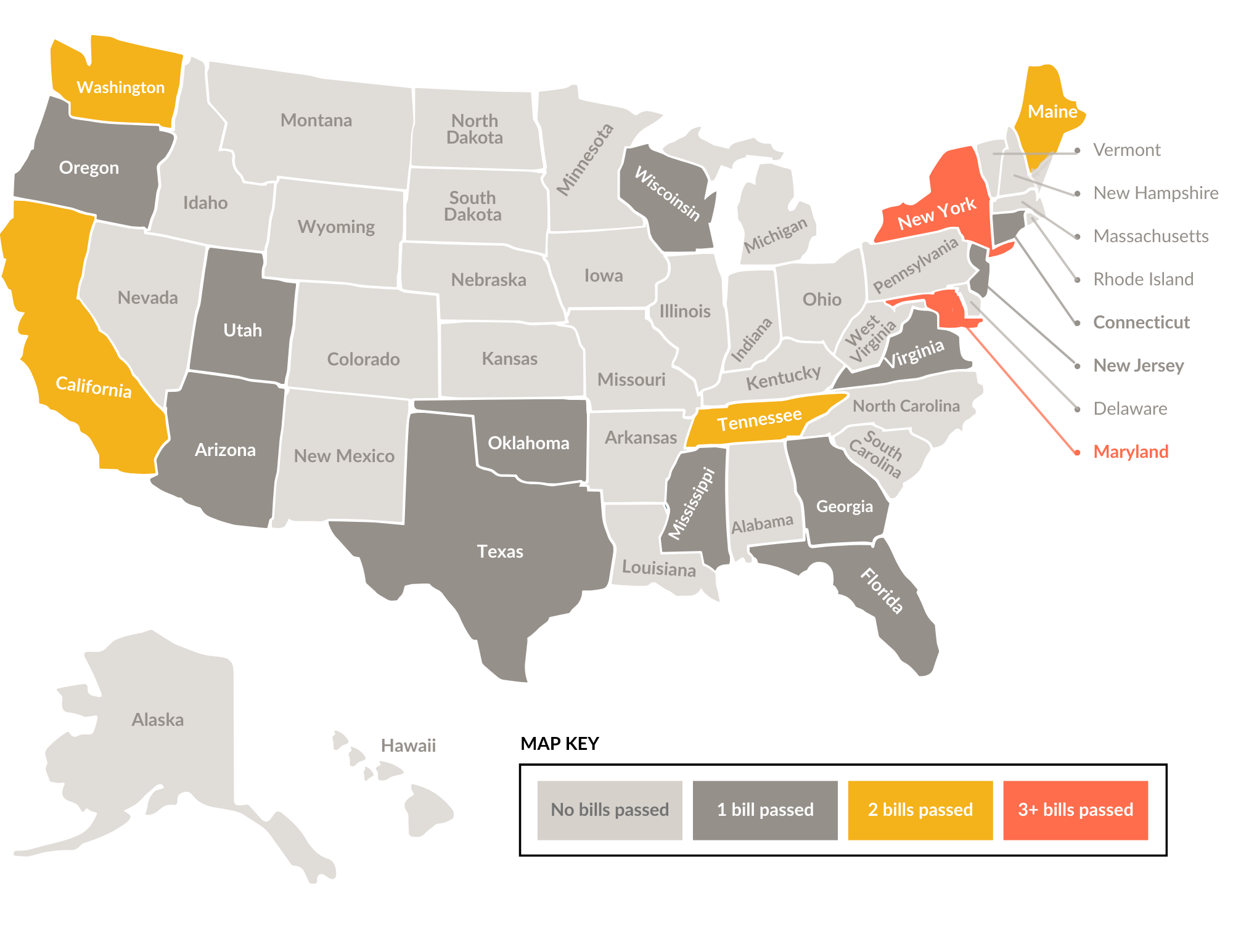Open Menu
Close
Following the U.S. Supreme Court’s 2021 decision in Facebook v. Duguid, many states have responded by enhancing or introducing new telemarking laws. View our interactive map to see how mini-TCPA and other state laws have been heating up nationwide since 2022.

Check out additional TCPA and telemarketing resources here.
Questions about how these laws apply to your business? We can help.